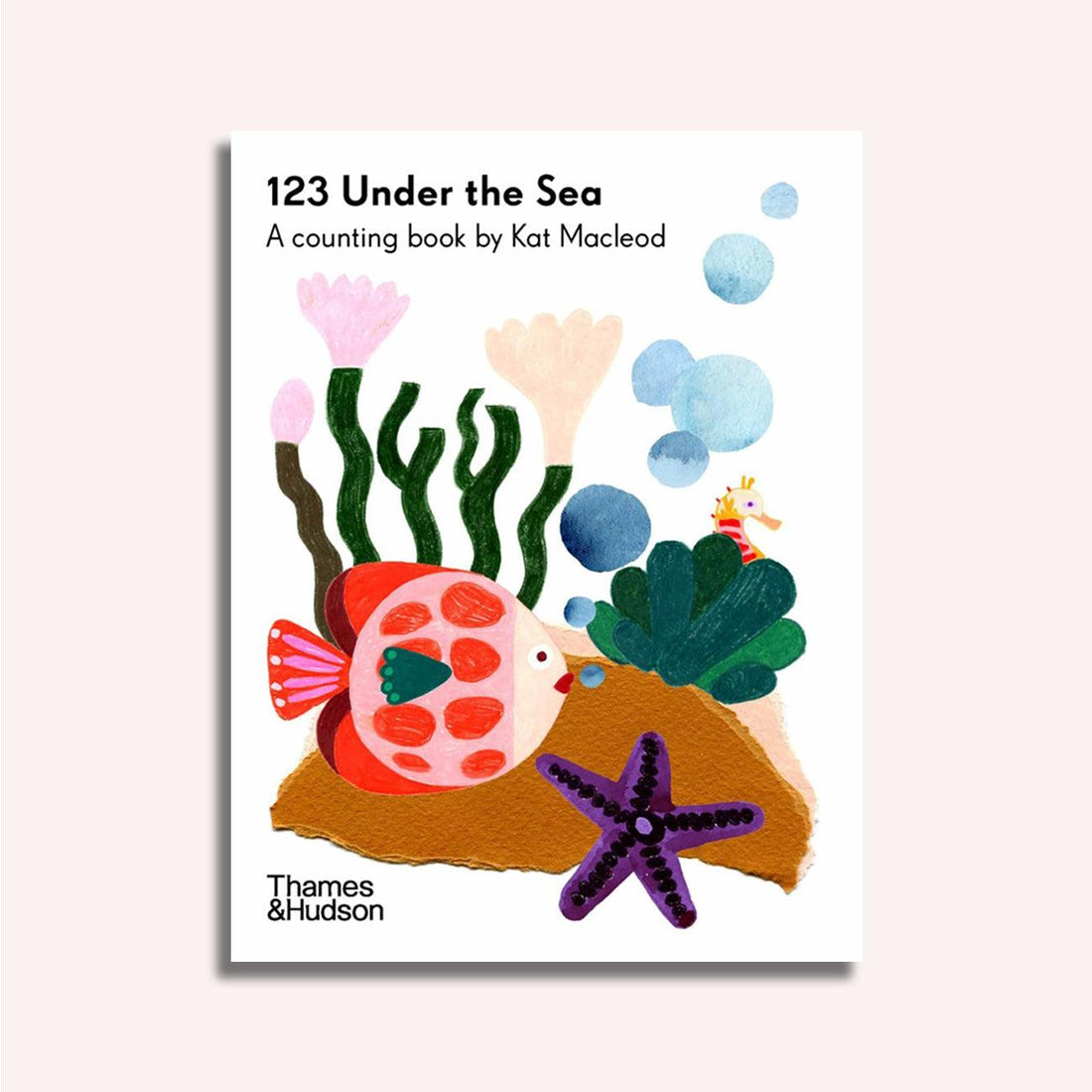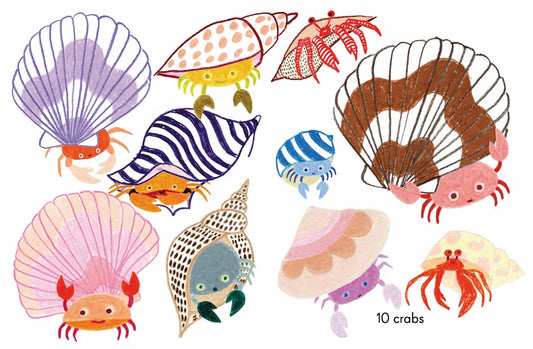It all comes back to self compassion.
Body change is inevitable when having a baby, as are our feelings towards these changes. After years of research into body image, Dr Zali Yager, Dr Ivanka Prichard, and Dr Laura Hart started Body Confident Mums, a movement committed to help parents feel better about their bodies, so they can role model more positive body and health attitudes and behaviours to their kids. They want the whole next generation of children to be body confident, and know that the only way to really get this started, from birth, is with parents role modelling body confidence to their kids. Essentially, it comes back to self love, acceptance, patience and compassion.
Why did you start Body Confident Mums?
The BCM team are all body image researchers, and we have 7 kids between us… We started Body Confident Mums because, once we became Mums ourselves, we realised that, a) there were no specific body image resources available to help mums to process the enormous body and identity changes associated with motherhood, and b) kids as young as three were able to tell us that thinner bodies were good, and the only way to intervene with this age group is through the family environment.
Body Confident Mums are on a mission to help Mums appreciate their bodies. Feeling good about your body is associate with a whole range of positive physical and mental health benefits but also helps mums to better role model body confidence to their kids.
Led by researchers, and internationally recognised body image experts, Dr Zali Yager, Dr Ivanka Prichard, and Dr Laura Hart, at Victoria, Flinders, and Melbourne Universities respectively, the BCM team have conducted multiple studies that explore the relationship between body image, movement, and mental health for mothers, and have trialled some evidence-based resource.
What does the research say about motherhood and body image?
The research shows us that many pregnant women actually feel better about their bodies- they are temporarily excused from the societal ‘ideals’ of what their bodies ‘should’ look like, many eat intuitively, and their body has immense purpose in growing and nourishing a precious baby. However, almost as soon as they give birth, women report being under huge amounts of pressure- from themselves, and from ‘society’ to ‘bounce back and lose the baby weight. Longitudinal studies have revealed that body dissatisfaction peaks around 6-9 months after birth, because women expected to have ‘returned to normal’ by then… body dissatisfaction and postpartum depression are connected- in some women the dissatisfaction leads to the depression, and in others, it is the other way around. Either way, this isn’t trivial or shallow, and at BCM, we are trying to raise awareness about the fact that body image underpins almost every other physical and mental health outcome, and to create change at the individual, organisational, and societal levels to reduce the pressure on all women, but particularly mothers, around bodies, weight, and appearance.
Why is a positive body image so important for new parents?
The extent of the physiological, physical and identity changes that women go through in the pregnancy-birth-breastfeeding process and transition to motherhood are just as massive as what teenagers go through during puberty. It’s really important for your adjustment and mental health to move forward rather than trying to ‘bounce back’ to the way that your body (and your life) was before having children. Appreciating your body for what it has done, rather than how it looks is a really big part of this.
One of the biggest misconceptions is that women think that they need to stay dissatisfied with their bodies in order to control their weight. It’s just not the way that it works. Women who appreciate their bodies are more likely to engage in physical activity (and stick with it!), eat fruit and vegetables, have lower levels of depression and anxiety, and even engage in more cancer screening behaviours like getting skin checks and pap test. Some really large studies out of the USA are now showing that women who have higher levels of body dissatisfaction end up gaining more weight over time than those who are body confident. This is likely to be because women who accept their bodies are more likely to follow more intuitive eating rather than dieting, which has also been associated with less weight gain over time.
We know from the research that, when mothers have a more positive body image, they are better able to role model positive body image to their children. Kids as young as three are absorbing all of the things that we say about our bodies, and other people’s bodies, about food, eating, and physical activity- and this helps to shape the way that they will feel about their own body. If you want your kids to have a positive body image, and to be body confident, you have to show them how it’s done!
How can I be more body confident?
Letting go over decades of tightly held ‘ideals’ and releasing yourself from the grip of diet culture can be a real struggle- and it can feel like yet another thing to add to your to-do list. The good news is that some of the most effective strategies for building your body confidence involve doing less (less dieting, less comparisons, less body talk) rather than more. The Body Confident Mums team have been working hard to adapt the resources that have been proven to improve body confidence, and deliver them in ways that are more accessible to Mums. Appreciating body functionality, talking a self-compassionate rather than a self-critical approach, and engaging in mindful movement are all effective approaches and form the basis of the Body Confident mums’ resources.
Top Tips for Mums
- Self Compassion programs have so many benefits. To get started try listening to Kristen Neff’s Self Compassion recordings. Research shows that women who listened to these three recordings each week for three weeks had improved body appreciation and self- compassion.
- Move for fun- Research shows that people who engage in physical activity for health reasons, and because they enjoy it, are more likely to stick with it. What new movement can you try today that might be fun?
- Fix your feed- WE can control what we see on social media- Decades of research shows that looking at images of thin models makes women feel depressed and bad about themselves. Viewing these images does not motivate behaviours change or weight loss. Unfollow these negative influences on your life and start to follow more body positive or weight neutral accounts.
For more guidance on building your body confidence see the Body Confident Mums website and follow us on social media (Insta: @bodyconfidentmums, Facebook @mummamentalhealth)
How can we create a Body Confident Home environment?
The family is the predominant influence on body image until kids are around 8 or 9… This is your time to give them a great foundation of body positivity. It can be tricky, with fussy eaters, Disney princesses, and your own baggage to overcome, but it’s definitely worth starting to
- Avoid talking about what bodies look like- talk about what they can do! Appreciation of body functionality is really important in reducing the focus on appearance, and embedding this early is key.
- Don’t engage in any negative talk about your own body- take the ‘red riding hood approach’- when you child asks why your tummy is so smooshy, respond with “all the better to cuddle you with my dear”. Change the topic of conversation when friends start talking badly about their own or others’ bodies- particularly if the kids are around!
- Read body confident books- Story books are a great way to build in some positive body image content – particularly for pre-schoolers where this doesn’t come up naturally.
For more ideas on body confident parenting, based on the science-backed Confident Body Confident Child program from Dr Laura Hart, visit
www.bodyconfidentcollective.org/families
Continue to keep taking care of yourself with our beautiful collection of self-care products. When you are ready to get back into some exercise, read our guide on postpartum pilates here.





